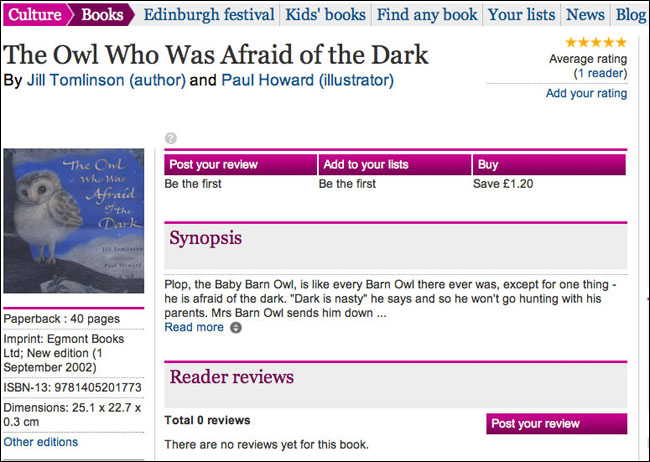“The future of search” - Martin Belam at Enterprise Search Europe
“The future is unevenly distributed...and I’m at the shiny end”
Yesterday I was at the Enterprise Search Europe conference in London, and helped wrap up the day by taking part in a panel entitled “The future of search”. Here’s a brief round-up of what I said - including the quote above, which I may well adopt as my new motto: “The future is unevenly distributed...and I’m at the shiny end.”
Touch and Mobile
The trend towards mobile usage in the consumer space will accelerate a trend towards mobile usage in the enterprise space. Touch control is an important issue for search. It has taken something like fifteen years to convince people to move from typing in 1.7 words on average to a search engine to a generous 2.5 words on average - and touch will probably see that trend reverse. It will be increasingly difficult to justify to employees that on their non-company phone they have a voice-operated assistant, and on their intranet they have clunky enterprise search.
Search will be ambient
There is a difference between active and passive search - and passive search is going to be everywhere. If you think about it, when you press the “maps” icon on your phone or your sat-nav, you are executing a search. When you use a QR code - it is search. When, at some point, bus stops will let you know their location code without you having to fiddle about and identify them on a map, that will be search. Search systems within the enterprise will need to be better at running in the background and providing answers when they are needed.
UX for tools will give competitive advantage
If you look at the day rates you can currently earn from financial institutions as a UX practitioner, it is obvious that banks have realised that a better UX on their internal tools gives them competitive advantage. Accepting poor performance rates from your call centre because they have poor tools and poor search needs to be consigned to the past. The digital tools you give your staff are the environment they work in - if you give them a dreadful physical office to work in, you can expect poor work and poor motivation. The same is true with digital tools.
“A new chapter for Guardian Books”
As well as being on the closing panel, I was also giving a joint talk with Daithí Ó Crualaoich about the work we had done on search at the Guardian - specifically over the automatically generated book pages that we launched earlier in the year. You can get a flavour for some of the things I talked about in my “The IA of /Culture” talk from EuroIA, and try the search engine here. The source code that Daithi mentioned for merging documents in Solr is available on github.

One of the Guardian’s automated book pages.